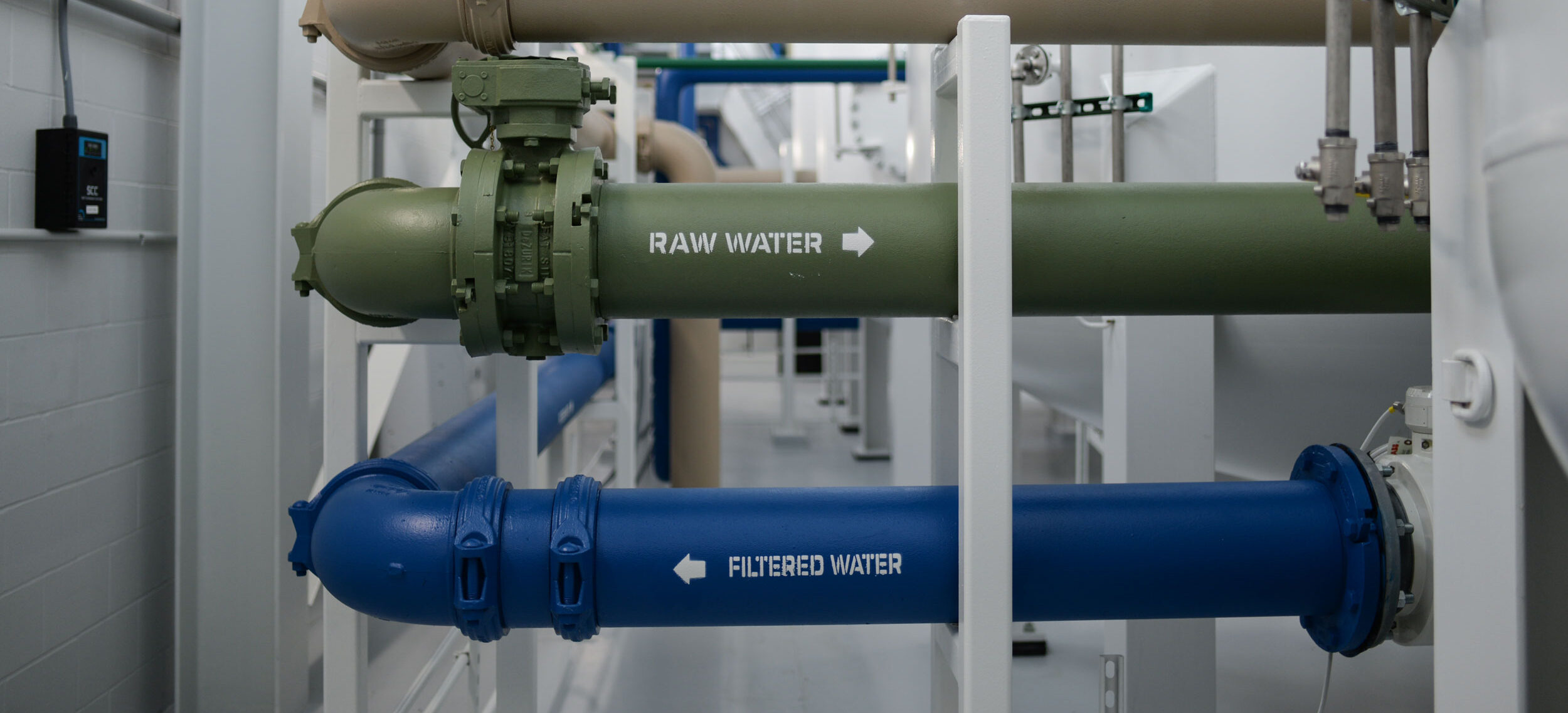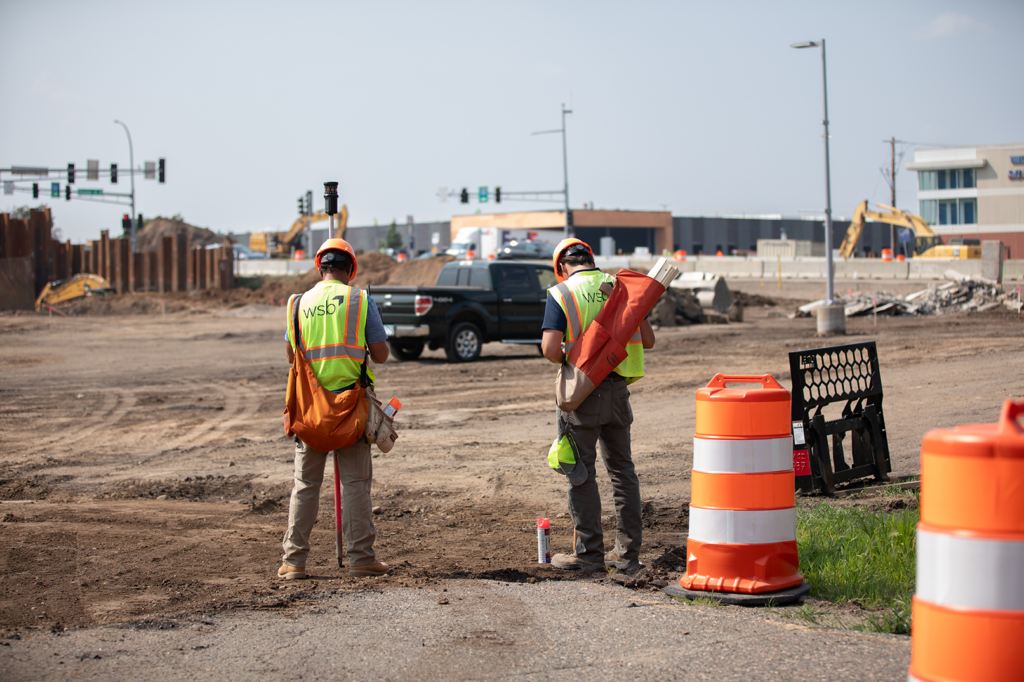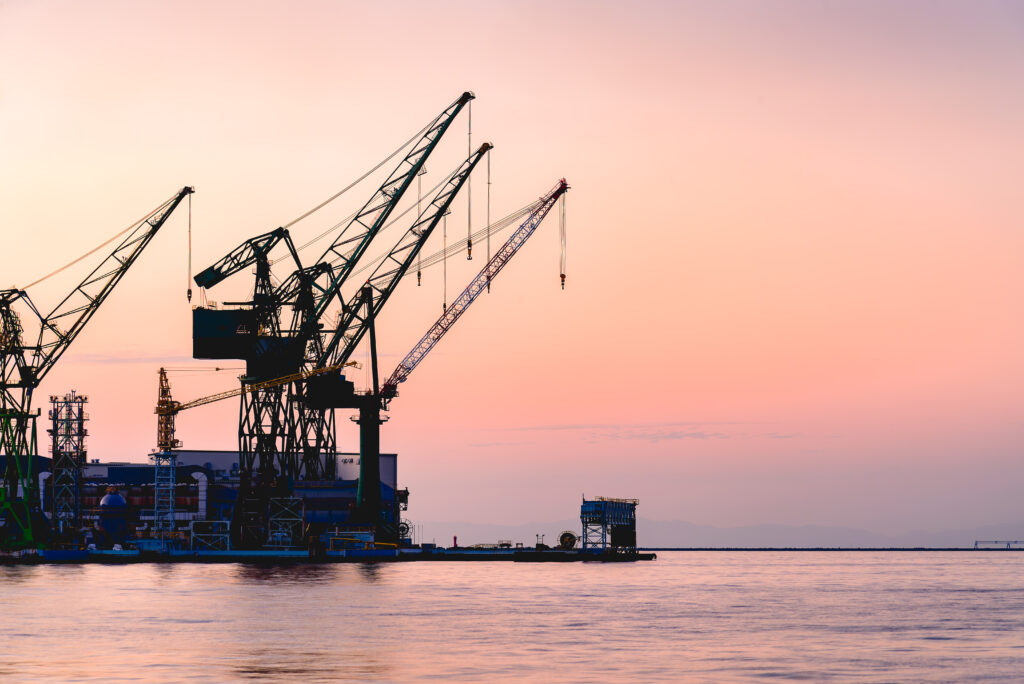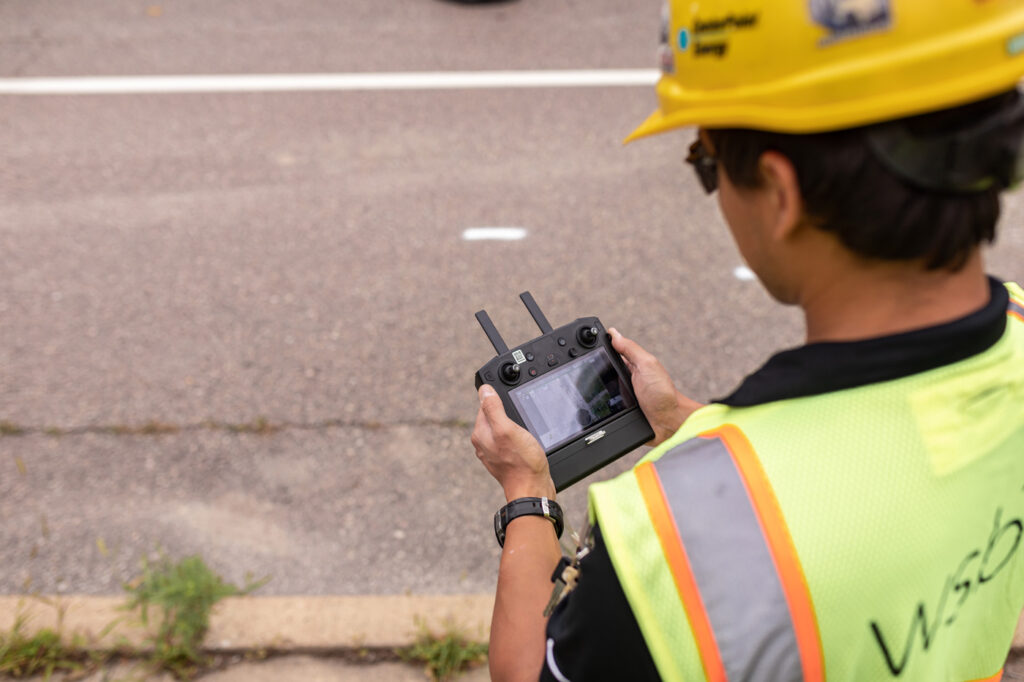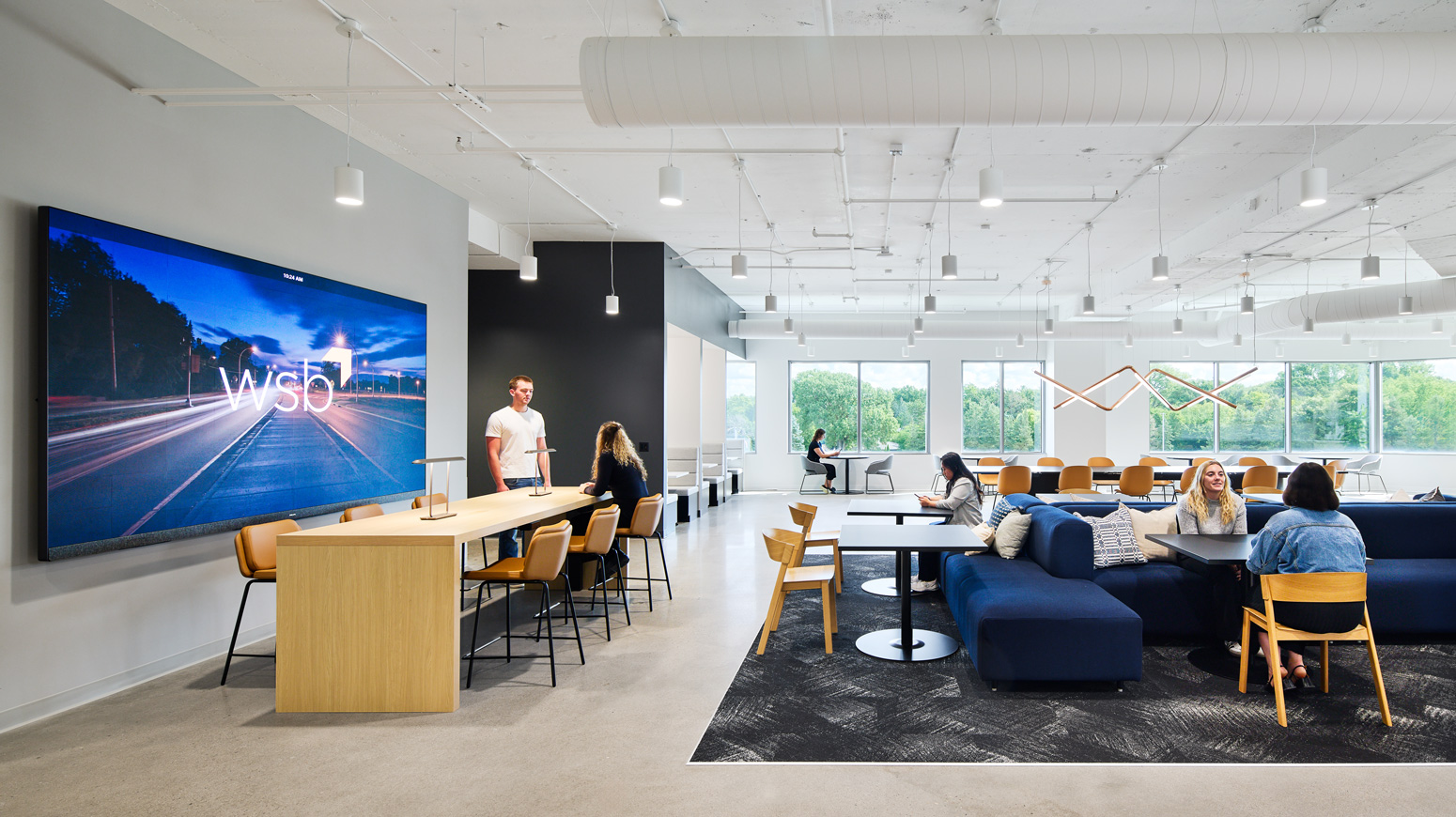October 15, 2024
By Bill Alms, Sr Project Manager, WSB
As the world grapples with the challenges of climate change and urbanization, the concept of water positivity has emerged as a crucial goal for cities striving for sustainability. Water positivity means a city gives back more water than it consumes, creating a net positive impact on the local water cycle. Achieving this status is not only environmentally responsible but also enhances the resilience and livability of urban areas. Here are some essential tips for city staff on how to transform your city into a water-positive organization.
Implement Efficient Water Management Practices
The first step towards water positivity is to adopt efficient water management practices. This includes the installation of smart water meters and leak detection systems to monitor and reduce water wastage. Cities should invest in upgrading their infrastructure to minimize losses from aging pipelines and optimize water distribution. Additionally, promoting water-saving technologies and practices among residents and businesses can significantly reduce overall consumption.
Invest in Green Infrastructure and Regenerative Landscapes
Green infrastructure, such as rain gardens, green roofs, and permeable pavements, plays a vital role in enhancing water infiltration and reducing runoff. These systems help to recharge groundwater, mitigate flooding, and improve water quality by filtering pollutants. By integrating green infrastructure into urban planning, cities can create more resilient and sustainable environments that support water positivity.
Promote Water Recycling and Reuse
Encouraging water recycling and reuse is another key strategy for achieving water positivity. Cities can implement greywater systems to reuse water from sinks, showers, and laundries for irrigation and other non-potable purposes. Additionally, investing in advanced wastewater treatment technologies can enable the safe reuse of treated effluent for industrial processes, landscape irrigation, and even potable water supply. Educating the public about the benefits and safety of water reuse is crucial for gaining community support.
Enhance Community Engagement and Education
Building a water-positive city requires the active participation of the community. City staff should develop comprehensive education and outreach programs to raise awareness about water conservation and the importance of sustainable water practices. Engaging with local schools, businesses, and community organizations can foster a culture of water stewardship and encourage collective action towards water positivity. Transparency in sharing data and progress can also build trust and motivate residents to contribute to the city’s water goals.
Placing an emphasis on telling the water positive story through engaging dashboards and communication strategies is essential. Effective communication needs to tell the story of why it’s important and allow the community to track their progress towards achieving its water-positive goals. This may be on a 20-50 year timeline, as this transformational shift will not happen in short-term planning horizons.
Collaborate with Experts and Stakeholders
Achieving water positivity is a complex and multidisciplinary task that requires collaboration with experts and stakeholders. Partnering with environmental organizations, academic institutions, and technology providers can provide cities with the knowledge, tools, and resources needed to implement effective water management strategies. Additionally, fostering partnerships with neighboring municipalities and regional authorities can enhance the impact of water-positive initiatives on a larger scale.
In conclusion, transitioning to a water-positive city is a multifaceted endeavor that demands commitment, innovation, and collaboration. At WSB, we have the expertise and resources to support cities in their journey towards water positivity. Our team of experienced professionals can provide tailored solutions and guidance to help you implement efficient water management practices, invest in green infrastructure, promote water recycling, and engage your community. Together, we can create sustainable and resilient urban environments that thrive for generations to come.
